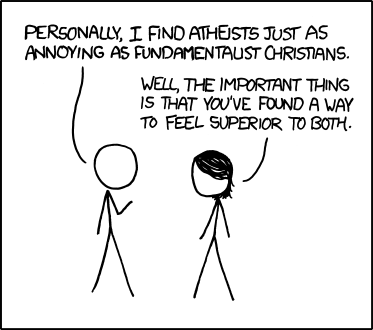In this article at ToRenewAmerica, I wrote about the failure of the “Seamless Garment” perspective of Cardinal Bernadin to provide a proper moral compass for Catholics and other Christians by equating the moral necessity to resist abortion with the promotion of essentially socialist perspectives on society and government, making resistance to abortion the hostage of socialist policies. Bernadin’s positions on this have provided cover for way too many Catholics to support leftist, pro-abortion politicians, in the name of vague sounding concern for the poor, politicians whose policies and enacted laws have had a distinctly non-vague, and very negative impact on life in these United States.
And now the comeuppance of these very confused Christians and Catholics has arrived, in the form of a President Obama whom they helped to elect, a president whose plan all along was to find a way to force all Americans to pay for abortifacient birth control, even if it is against their religious beliefs.
Now, Professor Paul Rahe has written on American Catholicism’s Pact With The Devil.
….the leaders of the American Catholic Church fell prey to a conceit that had long before ensnared a great many mainstream Protestants in the United States, the notion that public provision is somehow akin to charity, and so they fostered state paternalism and undermined what they professed to teach: that charity is an individual responsibility and that it is appropriate that the laity join together under the leadership of the Church to alleviate the suffering of the poor. In its place, they helped establish the Machiavellian principle that underpins modern liberalism, the notion that it is our Christian duty to confiscate other people’s money and redistribute it.At every turn in American politics since that time, you will find the hierarchy assisting the Democratic Party and promoting the growth of the administrative entitlements state. At no point have its members evidenced any concern for sustaining limited government and protecting the rights of individuals. It did not cross the minds of these prelates that the liberty of conscience which they had grown to cherish is part of a larger package, that the paternalistic state, which recognizes no legitimate limits on its power and scope, that they had embraced would someday turn on the Church and seek to dictate whom it chose to teach its doctrines and how, more generally, it would conduct its affairs.
I would submit that the bishops, nuns, and priests now screaming bloody murder have gotten what they asked for. The weapon that Barack Obama has directed at the Church was fashioned to a considerable degree by Catholic churchmen. They welcomed Obamacare. They encouraged Senators and Congressmen who professed to be Catholics to vote for it.
I do not mean to say that I would prefer that the bishops, nuns, and priests sit down and shut up. Barack Obama has once again done the friends of liberty a favor by forcing the friends of the administrative entitlements state to contemplate what they have wrought. Whether those brought up on the heresy that public provision is akin to charity will prove capable of thinking through what they have done remains unclear. But there is now a chance that this will take place, and there was a time, long ago, to be sure, but for an institution with the longevity possessed by the Catholic Church long ago was just yesterday, when the Church played an honorable role in hemming in the authority of magistrates and in promoting not only its own liberty as an institution but that of others similarly intent on managing their own affairs as individuals and as members of subpolitical communities.
In my lifetime, to my increasing regret, the Roman Catholic Church in the United States has lost much of its moral authority. It has done so largely because it has subordinated its teaching of Catholic moral doctrine to its ambitions regarding an expansion of the administrative entitlements state. In 1973, when the Supreme Court made its decision in Roe v. Wade, had the bishops, priests, and nuns screamed bloody murder and declared war, as they have recently done, the decision would have been reversed. Instead, under the leadership of Joseph Bernardin, the Cardinal-Archbishop of Chicago, they asserted that the social teaching of the Church was a “seamless garment,” and they treated abortion as one concern among many.
There is more at the link, all worth reading, and pretty forthright in its condemnation of the Catholic church leadership’s “deal with the devil,” that is, its deal with the powers of the state. Basically, it failed to render unto God what is God’s, and gave way too much away to Caesar, and was aided in this by liberal Christians of all stripes.



